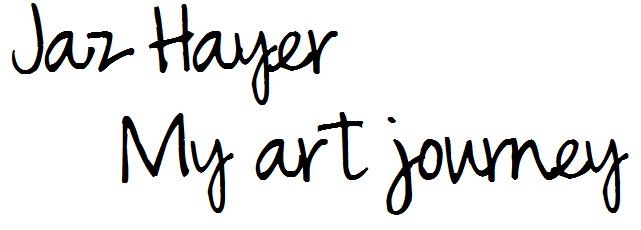So with this in mind, I have put together some packs which consist of some stationary items which we often use on a daily basis. The packs consist of: various sized post it notes, an elastic band, a piece of string, a couple of paper clips, a treasury tag, a wax crayon, and an index card.
My intention is to allow those who participate within this experiment to use any of these materials, in addition to any others of their choosing to respond to a question/word/theme/issue.
But the problem is, I don't know what the question/word/theme/issue could be. There are so many things it could be. For example, art. Many people hold an opinion/perception in relation to art. I could ask the participants to respond to the word 'art', but then I am concerned that this would perhaps disengage participants who percieve themselves as 'not good at art'. Also, I have been thinking about the connotations that suggesting a theme/issue/question/word may have upon the process. Could this potentially restrict participants in the sense of the freedom of expression, or would it provide a suggested framework which could be interpreted by the individual? But at the same time if I don't give the experiment a context, I think that it will prove to be more difficult to evoke a response/reaction from potential participants. E.g. 'what should I do with the pack? I haven't got any ideas!' etc. So by actually thinking about this, I think it's conclusive that the experiment should have a theme/context attached to it.
On the flip side, this process is about trying and experimenting with different ideas and seeing what happens as a result. The result from such an experiment can then contribute to informing the next steps of my journey and development.
As McNiff (1998, p.41) discusses,
"The discipline of art requires constant experimentation, wherin errors are harbingers of original ideas because they introduce new directions for expression. The mistake is outside the intended course of action, and it may present something we never saw before, something unexpected or contradictory, an accident that can be put to use."
On a school level, I actively seek to implement this principle into my pedagogy in encourgaing children to become increasingly aware of the nature and process of art in relation to their individual needs, progress and development over sustained periods of time.
As I am writing this blog entry, I have updated my status on Facebook as: "Jaz Hayer would like to know who would like to get involved in his art project? It's nothing 'dodgy', I promise! I would really appreciate it! Thank you! :)"
Some of the responses that I have had from this status include: "I can't draw or paint!", "Matchstick men are about my limit" and "Jaz, I can't draw either". These comments go back to what I was saying before about the varying perceptions of our own expectations, abilities and capabilities towards art. Are these informed by our own experiences and perceptions of what art is and what it means to us? I believe that we can all draw and paint, and create visual representations to act as a tool our self expression. But is art just about drawing and painting? NO NO NO!!! But this is how it is commonly percieved.
It's also interesting to note that potential participants of my experiment have also automatically presumed that it will require them to draw/paint. Has a historical and cultural context imposed this view of art upon society throughout time and across generations?
So maybe through my experiment and the pack that I am intending to provide, I could encourage and explore participants to consider their perceptions towards art as a theme/issue in itself?
I have also learnt that Hannah has a participatory art background. So I will arrange an appointment for a tutorial, and hopefully gain more of an insight into some of the artists involved in this style of art, possible references to wider research/reading based on participatory art, and share & discuss my ideas and progress to date! :-)
References:
McNiff, S. (1998) Trust The Process - An Artist's Guide to Letting Go. Massachusetts: Shambala Publications Inc.



No comments:
Post a Comment